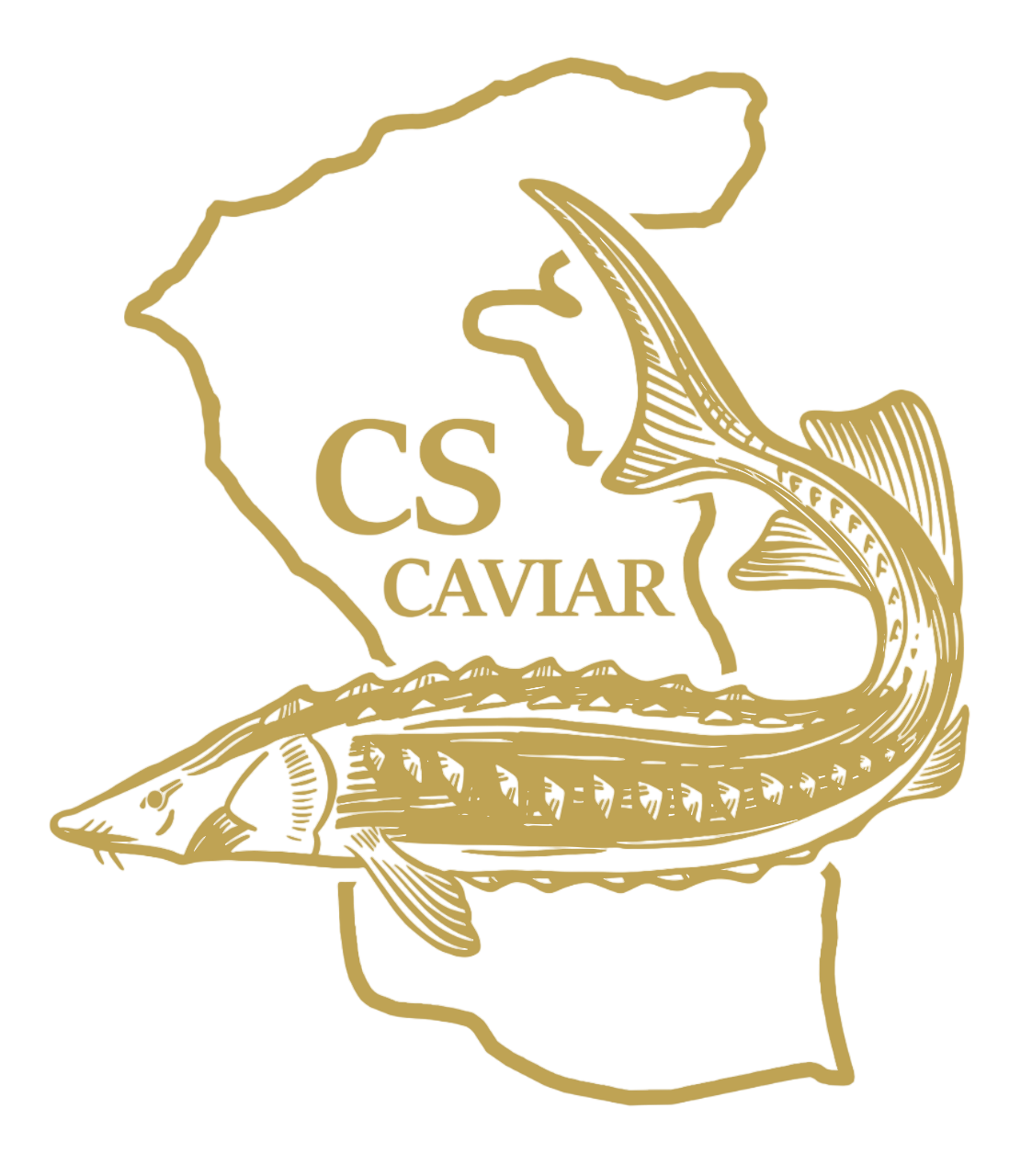Weather conditions play a critical role in caviar farming, which is the process of cultivating sturgeon for their valuable eggs. Caviar farming is typically carried out in specialized facilities or farms, and the weather can have a significant impact on the success of these operations.
One of the primary ways that weather can affect caviar farming is through changes in water temperature. Sturgeon require specific water temperatures to thrive and produce high-quality eggs. Changes in water temperature can affect the growth and development of sturgeon, which can impact the quality and quantity of caviar produced. Additionally, extreme fluctuations in water temperature can cause stress to the sturgeon, which can lead to health problems and reduced egg production.
Another weather-related factor that can impact caviar farming is water quality. Sturgeon require clean and well-oxygenated water to survive, and changes in weather patterns can affect water quality. For example, heavy rainfall can lead to runoff and pollution, which can negatively impact the health of sturgeon and the quality of caviar produced. Additionally, drought conditions can reduce water availability, which can limit the growth and development of sturgeon.
Weather conditions can also impact the availability and cost of the feed used to sustain sturgeon in caviar farms. Changes in weather patterns can affect the growth and availability of the plants and animals used to make sturgeon feed. This can lead to fluctuations in the price and availability of feed, which can impact the overall cost of caviar production.
In addition to these factors, extreme weather events such as hurricanes, floods, and wildfires can have a devastating impact on caviar farms. These events can damage infrastructure, harm sturgeon, and destroy eggs, which can cause significant financial losses for caviar producers.
Despite these challenges, caviar farmers have developed a range of strategies to manage the impact of weather conditions on their operations. For example, some farmers use temperature-controlled tanks to maintain optimal water temperature for sturgeon, while others use filtration systems to maintain water quality. Additionally, many farmers have developed contingency plans to prepare for extreme weather events and minimize their impact on their operations.
In conclusion, weather conditions can have a significant impact on caviar farming, affecting water temperature, water quality, and feed availability, among other factors. While these challenges can be significant, caviar farmers have developed a range of strategies to manage the impact of weather conditions on their operations. By carefully monitoring weather patterns and implementing appropriate mitigation measures, caviar producers can continue to cultivate high-quality caviar for consumers around the world.





